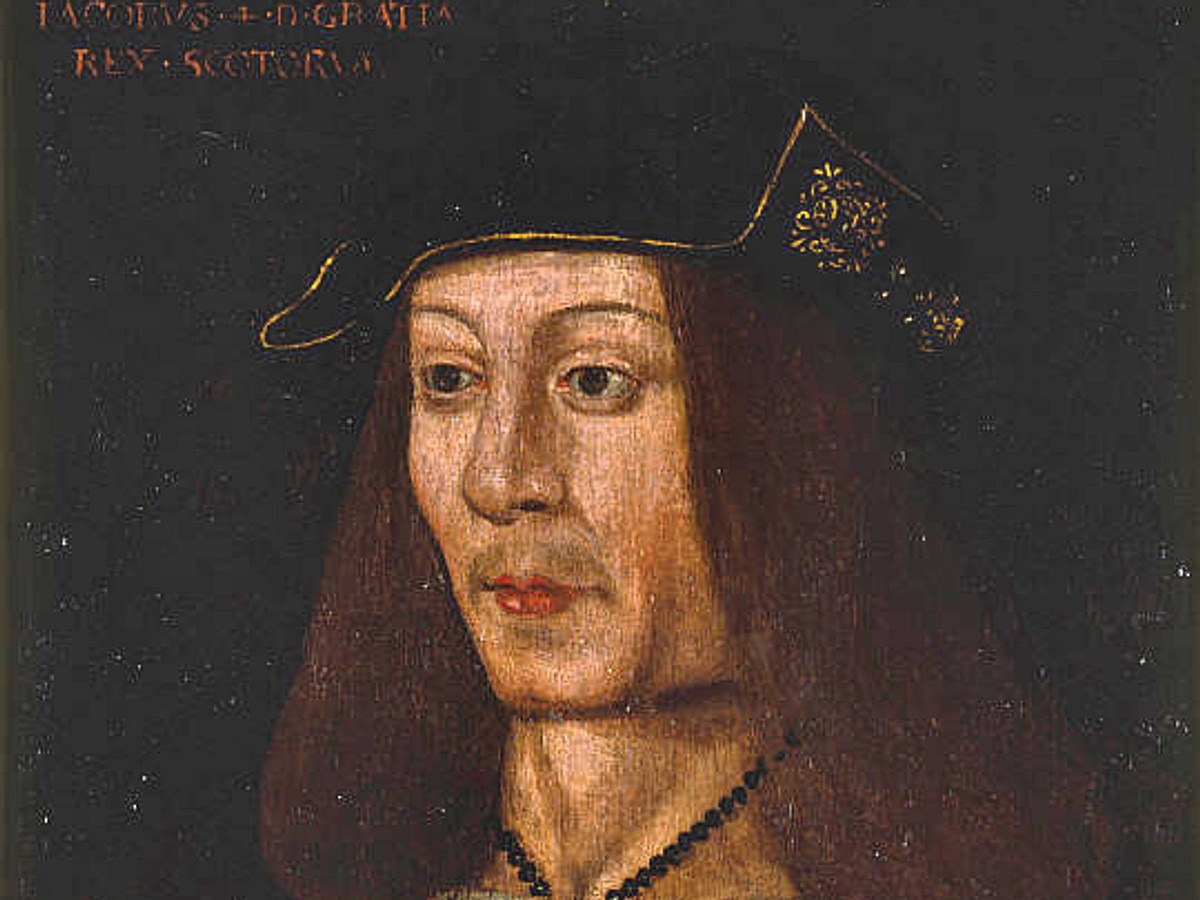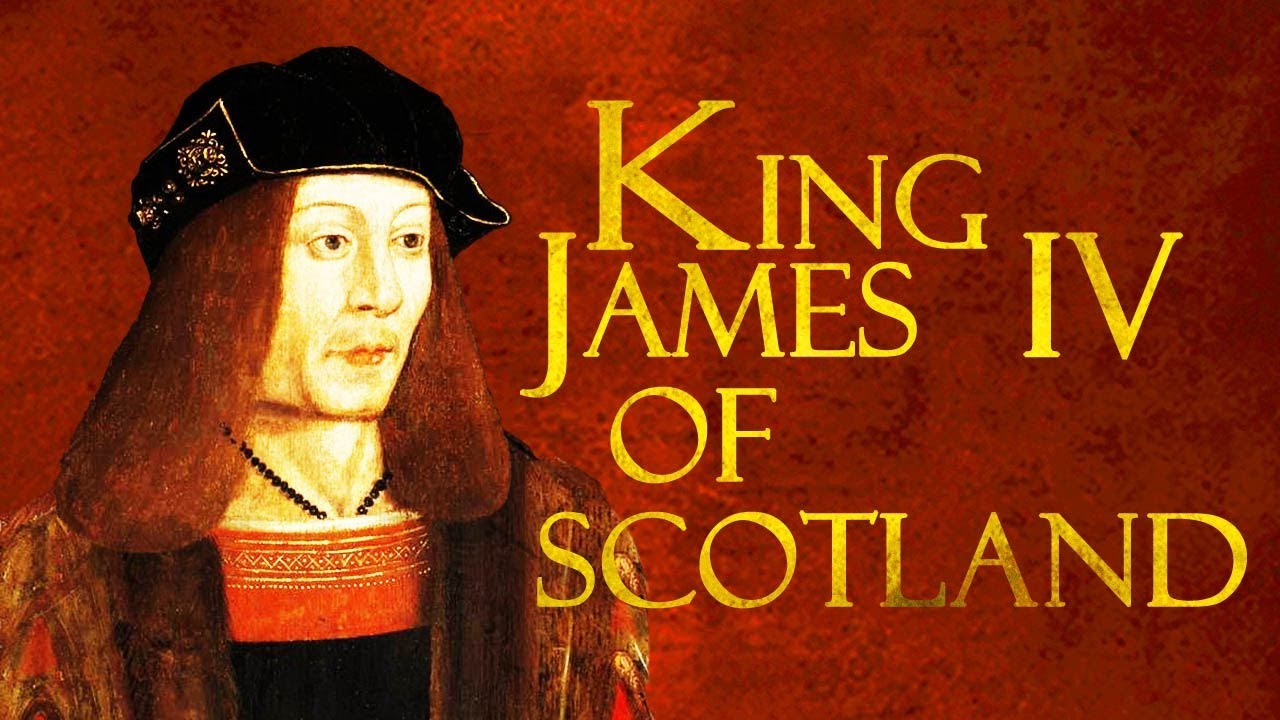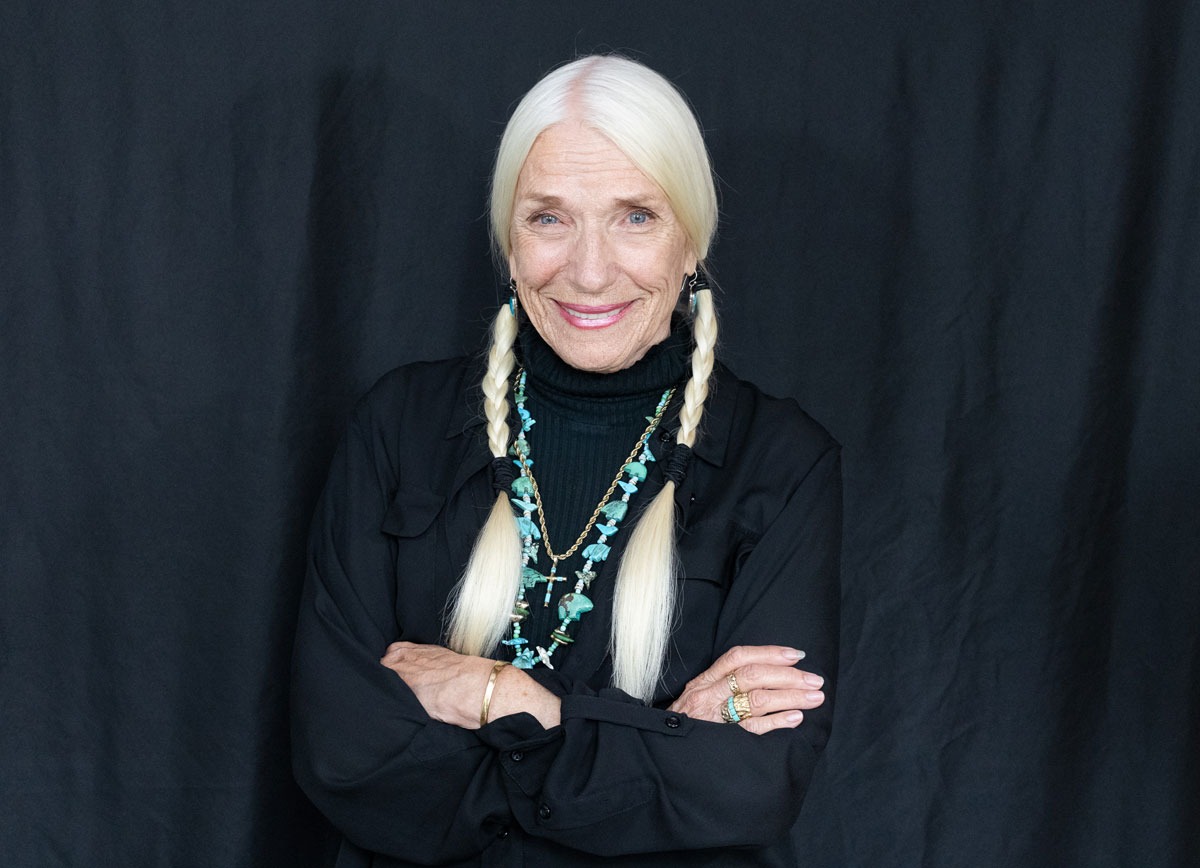Public sensitivities rotate, and what once passed without comment can become contentious. Classic television shows from the 20th century, like ‘Steptoe and Son,’ now come with advisories about potentially outdated and offensive content.
Back in their day, the boundary for public outrage wasn’t the content but the use of profanity. Swearing was taboo, sparking anger and prompting complaints to broadcasters and newspapers.
However, the use of robust language is woven into the fabric of Scottish culture. The infamous F-word traces its roots back through the nation’s history, even making appearances in the most prestigious of settings, such as the court of James IV. This monarch, celebrated for his charisma and leadership, presided over a Renaissance court that attracted intellectuals, artists, and innovators.

James IV of Scotland (Credits: World History Encyclopedia)
James IV’s encouragement of new ideas led to notable, albeit sometimes ill-fated, experiments. In 1507, for instance, John Damian de Falcuis, an alchemist at Stirling Castle, endeavored to fly using wings made of feathers, only to fall disastrously and end up injured.
His excuse for the failure—attributed to using chicken feathers in his wings—did not diminish the king’s regard for his audacious attempt to defy gravity.
This incident caught the attention of William Dunbar, a preeminent poet and fixture in James’s court. Dunbar, a St Andrews University alumnus with potential travels across Europe under his belt, was serving the king with his literary talents by 1500. His repertoire ranged from courtly love poems and flattery to verses filled with earthy humor.

James IV of Scotland (Credits: YouTube/Scotland History Tours)
Dunbar’s reaction to de Falcuis’s flight attempt was to document the event in a mocking poem, “A Ballad of the False Friar of Tongland,” showcasing his ability to capture the court’s high-minded pursuits and its follies with a sharp wit.
Through his works, Dunbar exemplifies the rich tradition of Scottish literature that comfortably embraces both the refined and the ribald, illustrating how the boundaries of acceptable or offensive speech have shifted across the ages.
























